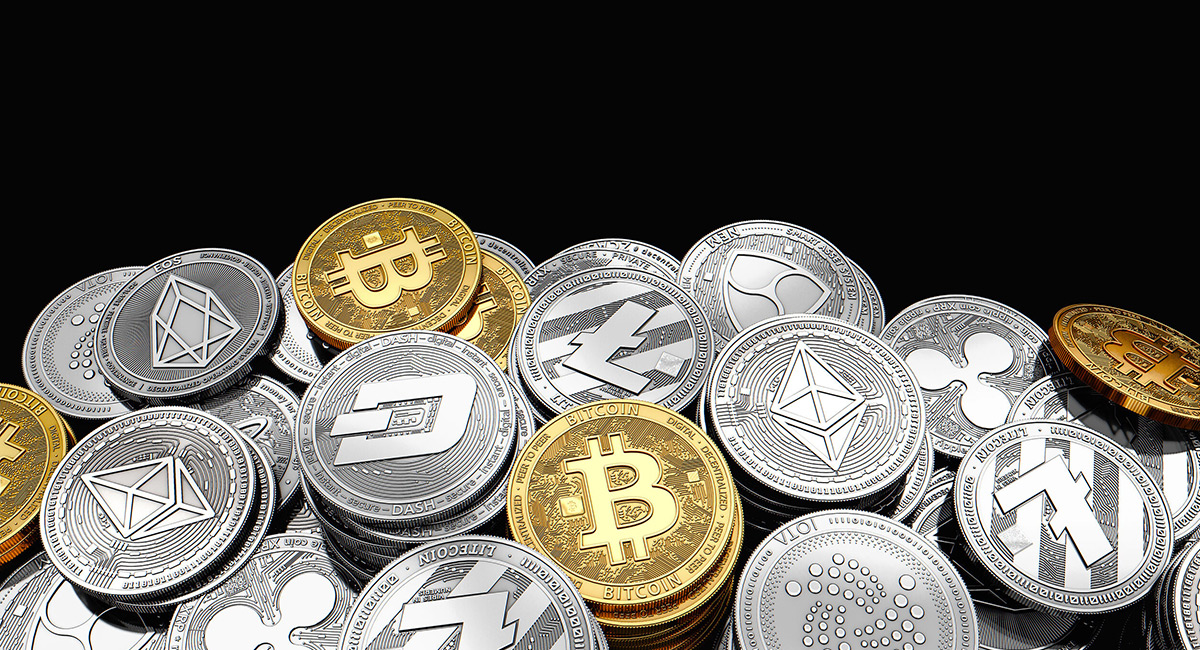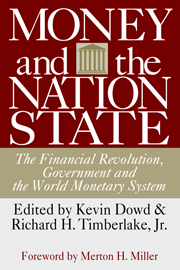Following El Salvador’s disastrous Bitcoin rollout on September 7, President Nayib Bukele, feeling the heat, has recycled one of his favorite Bitcoin sermons. He claims that Bitcoin will result in a dramatic reduction in the cost of transmitting remittances to Salvadorans. This sermon, if true, would be a big-ticket item for Salvadorans. Remittances make up 24 percent of El Salvador’s gross domestic product, the highest percentage of any country in the Western Hemisphere. But there’s just a little problem with the sermon. It’s not based on the facts.
Unfortunately, but somewhat predictably, the press has fallen for Bukele’s bunkum hook, line, and sinker. It reports on cherry-picked instances of high remittance fees and claims that the Bitcoin Law will cost traditional money-transfer companies such as Western Union millions in lost business. But remember my 95 percent rule: 95 percent of what you read in the financial press is either wrong or irrelevant. Indeed, it’s time to stop listening to Bukele and to start following the data.
Traditionally, remittances are sent and received via money-transfer services provided by private companies. According to the World Bank, in the first quarter of 2021, these companies (Western Union, MoneyGram, Ria, and Remitly) charged between 0 to 4 percent in fees for a $200 remittance, depending on the transfer method. El Salvador has the sixth-lowest remittance costs of the 104 countries monitored by the World Bank, and the lowest of any country in the Latin American‐Caribbean region, with the average transaction fee for sending a remittance at 2.85 percent.
What about Bitcoin remittances? Well, for one thing, most Salvadorans are not interested in Bitcoin. They don’t want to use it. They prefer the U.S. dollar, which has been El Salvador’s legal tender since 2001, when El Salvador mothballed the colón and put it in a museum. Indeed, according to a recent survey by the Central American University, nine out of ten Salvadorans have little or no knowledge of what Bitcoin is. Moreover, eight out of ten Salvadorans have little or no trust in Bitcoin. In El Salvador, Bitcoin is for the birds. These same sentiments are held by the senders of remittances to the motherland, Salvadoran ex-pats. They are being paid in U.S. dollars, not Bitcoin. For Salvadorans, the greenback is king.
Just what are the total costs associated with Bitcoin remittances? For a typical Bitcoin-remittance transaction, senders must convert their U.S. dollars to Bitcoin. Using Coinbase for example, the U.S.’s largest crypto exchange, this costs anywhere from 2.0 to 4.5 percent, depending on the payment method. Then the Bitcoin remittance is sent to El Salvador. For recipients to exchange Bitcoin for the dollars they actually want, they must do so at a Bitcoin ATM. Athena Bitcoin Global plans to install 1,500 Bitcoin ATMs in El Salvador. But exchanging Bitcoin for dollars at an Athena ATM will cost you a 5 percent minimum fee. And that 5 percent is just Athena’s cut—it does not include the network fee to execute the transaction. These network fees vary, but the more you pay, the faster your transaction executes (if at all). Athena even recommends to “err on the side of higher fees.” So, the typical Bitcoin-remittance transaction will have a minimum sticker price in the range of 7.0 to 9.5 percent.
Bukele’s remittance sermon is bunkum. It’s based on made-up math. Remittances sent via traditional money-transfer services have a realized cost of only 2.85 percent. But remittances sent via Bitcoin will require Salvadorans to cough up more than 7.0 to 9.5 percent to obtain the dollars they want.










